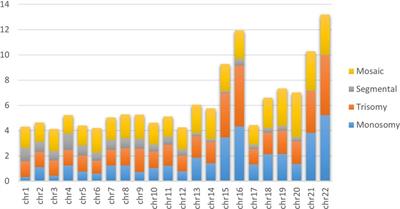ORIGINAL RESEARCH
Published on 27 Mar 2023
The embryo mosaicism profile of next-generation sequencing PGT-A in different clinical conditions and their associations

doi 10.3389/frph.2023.1132662
- 7,630 views
- 3 citations
648
Total downloads
4,951
Total views and downloads
You will be redirected to our submission process.
